Champions of Change Blog
Using Technology to Connect, Engage and Mobilize
Posted by on January 31, 2012 at 11:00 AM EST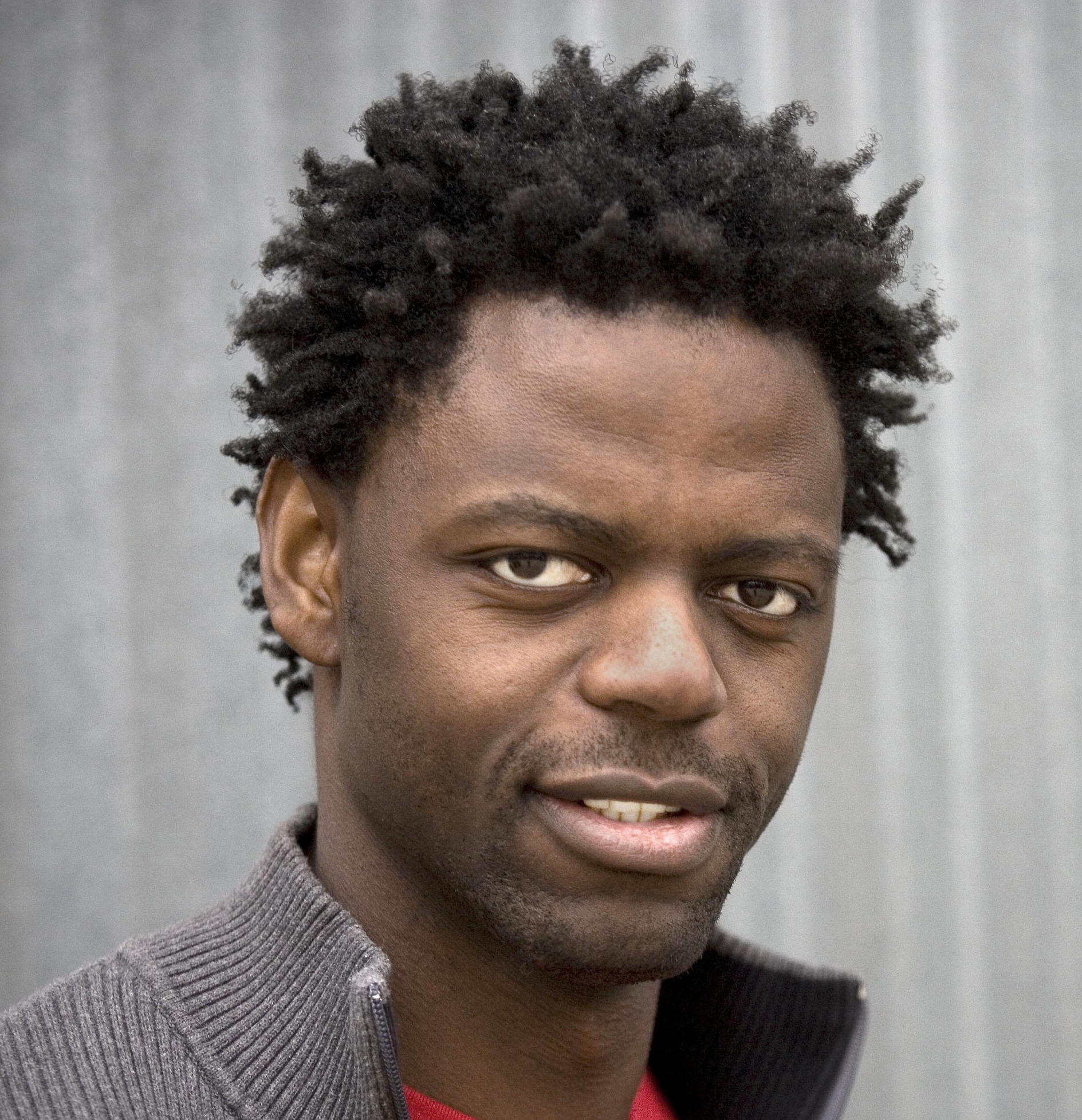 Almost five years have passed since I walked away from a promising career in advertising to venture into the world of what I’ve come to know as international development. Back then, I didn’t know what exactly I wanted to do, but I did absolutely know that I would be happy doing it in Uganda. Back then I didn’t know there other members of the Diaspora yearning to be agents of change on the continent. I certainly didn’t know that I was part of a very unique group of Africans living abroad and awakening to the possibility of what Africa could be.
Almost five years have passed since I walked away from a promising career in advertising to venture into the world of what I’ve come to know as international development. Back then, I didn’t know what exactly I wanted to do, but I did absolutely know that I would be happy doing it in Uganda. Back then I didn’t know there other members of the Diaspora yearning to be agents of change on the continent. I certainly didn’t know that I was part of a very unique group of Africans living abroad and awakening to the possibility of what Africa could be.As early as 2007, my eyes began to witness the full potential of our impact through remittances. I remember wondering if there were other members of the Diaspora feeling the same pull to the continent that I was. I was wondering if, like me, they were putting their siblings through higher education or investing in land. The more I wondered, the more I researched, and the more inspired and driven I was. It felt like I was rediscovering a continent I had left almost 20 years earlier as a child.
There were many members of the African Diaspora working hard to be catalysts of change on the continent. The advent of social media sites like Friendster, MySpace Facebook, and Twitter meant that we could discover each other very easily and across distances. I still haven’t met many of the Diasporas that collaborate with online. Africa, on the other hand, was also busy bridging the communication gap that allowed us to stay connected with our communities in faster and ever cheaper ways. Many of us are transnationals, spending much of our available time traveling back to the continent. Today, the promise of a new Africa is beginning to take shape. When I consider it’s relative youth (40% under the age of 15), the rise of mobile connectivity, and the powerful tandem of the Diaspora’s intellectual capacity and financial muscle, it is hard not to imagine that a renaissance is at hand and the possibilities are boundless.
Youth Leadership and the Transformation of the Community
Posted by on January 31, 2012 at 10:45 AM EST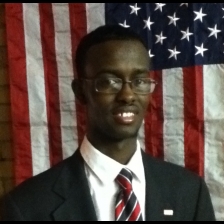 Being involved in my community and taking initiatives to affect positive change has been my passion since I was 14 years old. I grew up and live in Cedar-Riverside area in Minneapolis, a culturally diverse and thriving neighborhood. This community faces many challenges such as unemployment, good education and access to better health care. As a socially-active youth in the community, I was fortunate to have the support and guidance of experienced and dedicated group of people who mentored and helped me learn the robes in community engagement. Being a community leader is a challenging feat, but I believe it is through challenge and adversity that one acquires the strength and character to become a strong leader.
Being involved in my community and taking initiatives to affect positive change has been my passion since I was 14 years old. I grew up and live in Cedar-Riverside area in Minneapolis, a culturally diverse and thriving neighborhood. This community faces many challenges such as unemployment, good education and access to better health care. As a socially-active youth in the community, I was fortunate to have the support and guidance of experienced and dedicated group of people who mentored and helped me learn the robes in community engagement. Being a community leader is a challenging feat, but I believe it is through challenge and adversity that one acquires the strength and character to become a strong leader.My passion for community involvement began in my early youth. Ever since I was kid, my mother always taught me to give back selflessly to one’s community. I strongly believe that young people need to take active role in shaping a better future for themselves and for their neighborhoods. As the co-founder of the Cedar Riverside Youth Council (CRYC), a youth-led organization that has undertaken ambitious projects including Youth Awareness Week held every Summer to highlight pressing youth issues such as crime, safety, drug and substance dependency and organize rally against youth violence. The organization also organizes Awards night to recognize and appreciate the contribution of select youth for their outstanding contribution in their community.
Empowering African Communities
Posted by on January 31, 2012 at 10:45 AM EST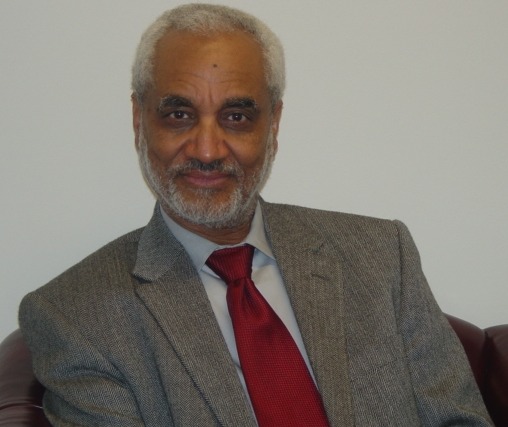 I am honored to be recognized as a White House Champion of Change but acknowledge that this recognition belongs not only to me but also to the thousands of African immigrants and refugees who have given back to their new homeland through remarkable contributions in science, business, culture, the arts, and government. In 1983, I started the Ethiopian Community Development Council, Inc. (ECDC), a non-profit agency, to be a voice for Ethiopian immigrants and refugees in the U.S.; to create public awareness about their challenges and successes; and to serve as a bridge between them and the larger community. Yet since its founding, ECDC has served newcomers from diverse cultural backgrounds from around the world with a focus on African immigrants and refugees.For 28 years now, ECDC’s work has helped people make positive changes in their lives.
I am honored to be recognized as a White House Champion of Change but acknowledge that this recognition belongs not only to me but also to the thousands of African immigrants and refugees who have given back to their new homeland through remarkable contributions in science, business, culture, the arts, and government. In 1983, I started the Ethiopian Community Development Council, Inc. (ECDC), a non-profit agency, to be a voice for Ethiopian immigrants and refugees in the U.S.; to create public awareness about their challenges and successes; and to serve as a bridge between them and the larger community. Yet since its founding, ECDC has served newcomers from diverse cultural backgrounds from around the world with a focus on African immigrants and refugees.For 28 years now, ECDC’s work has helped people make positive changes in their lives.In 1991, ECDC was approved by the Department of State as one of the 10 Voluntary Agencies authorized to resettle refugees in the U.S. As the only African community-based organization, we began with four affiliates. Today we have 17 African CBO affiliates whose dedicated staff are making a difference in the lives of those they serve. ECDC has taken a lead in empowering African refugee-based organizations through capacity building, leadership and resource development, and technical assistance to enable them to play a greater role in serving their communities.
Inspiring Global Business with a Homegrown Approach
Posted by on January 31, 2012 at 10:30 AM EST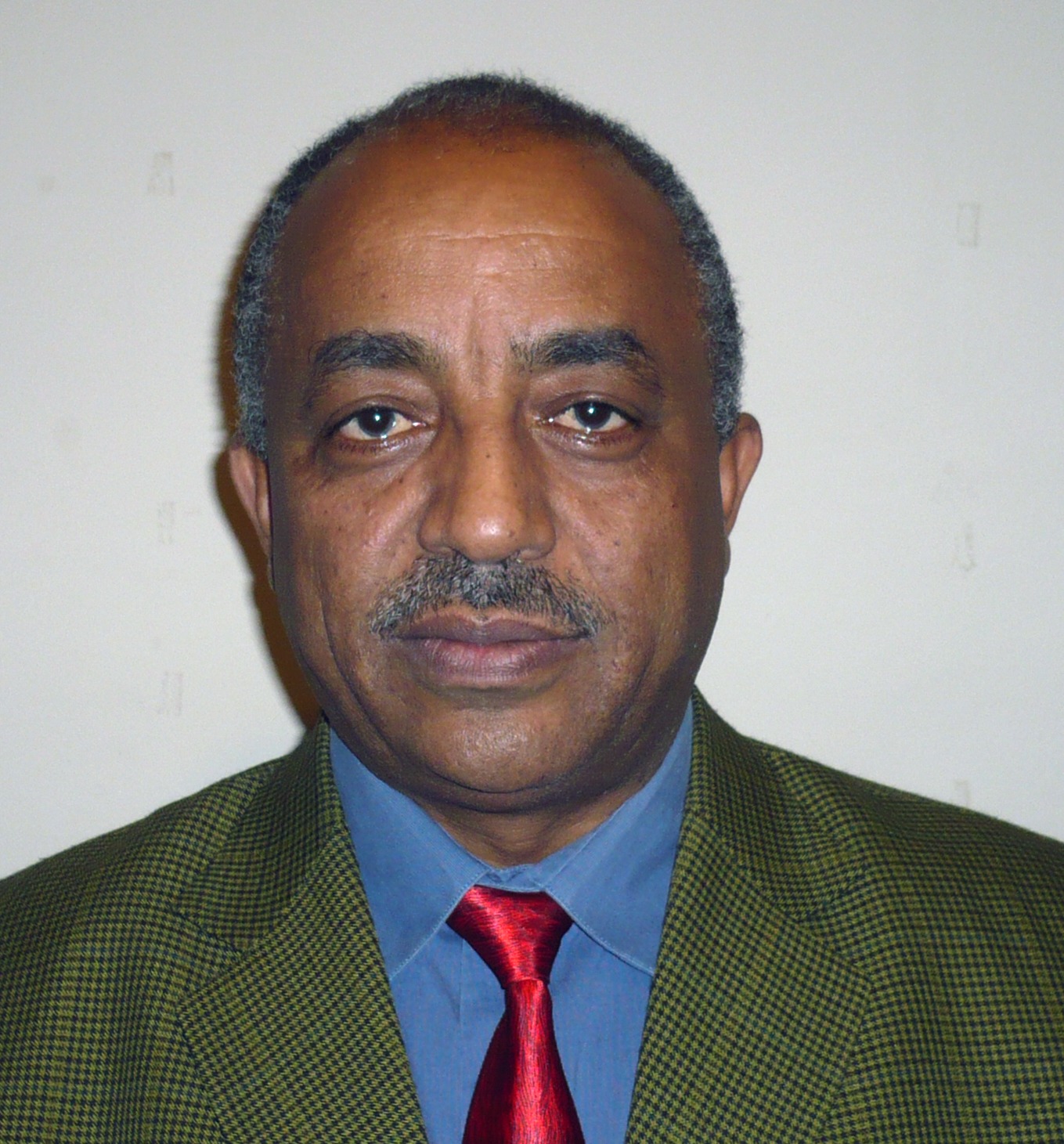
In 2002, I met Mr. Tadesse Meskela, the founder and manager of the Oromia Coffee Farmers Cooperative Union, at US Campaign, organized by Oxfam International and Global Exchange to draw publicity to the “Global Coffee Crisis”. Mr. Meskela was a keynote speaker at a forum in Washington DC.
I had studied communication and studio arts at the University of Minnesota and had extensive professional experience promoting and marketing a small business and community organization in the Ethiopian Community, in the Metropolitan Washington DC, advancingcultural and economic development.
Mr. Meskela introduced me to the world of coffee, the growing tradition, the history of the farmer’s cooperatives union, the global coffee business and the challenge the Union faces as it strives to get a better price in the global market. That led to several trips to Ethiopia to visit the coffee-growing region, meeting with coffee farmers and their cooperatives leaders. I learned first hand the impact of the coffee crisis on the lives of the small coffee farmers.
I was fascinated by the social and spiritual value of the coffee culture and inspired by the small farmers’ collective effort to bargain for a better price in the global market. But, I was also baffled by the unfairness of the international coffee market and found myself highly motivated to develop a market strategy and promotional campaign to create market awareness for the Ethiopian traditional coffee ceremony, its cultural significances, and share the culture and story of the farmers with specialty coffee consumers in the US market.
Unlocking the Diaspora’s Potential, One Woman At A Time
Posted by on January 31, 2012 at 10:15 AM EST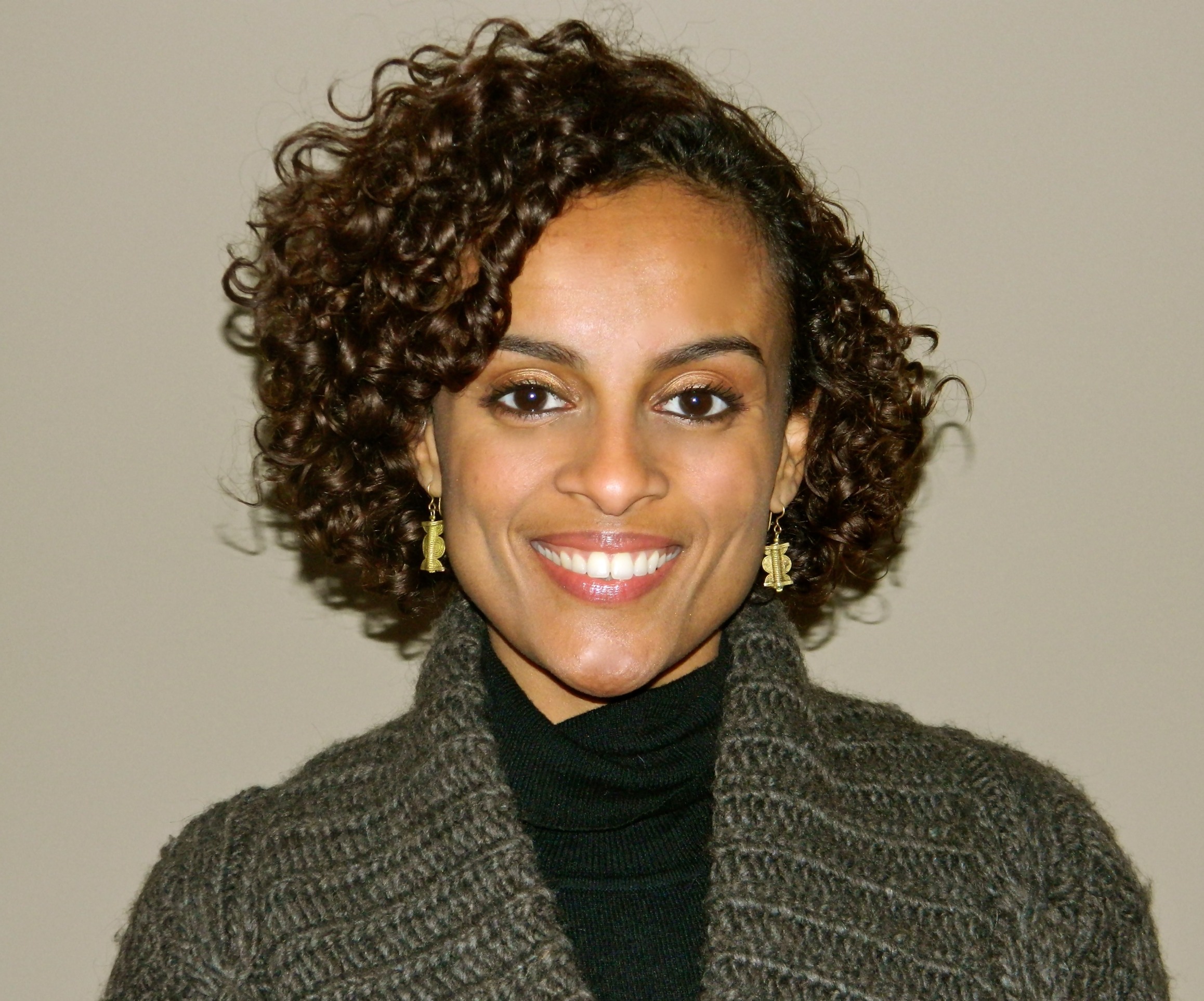
If I were to tell a 10-year old girl in Middle America that she, the daughter of African immigrants, would one day start her own organization focused on women and girls like her and it would one day be recognized by the White House, she probably wouldn’t believe me. She’d probably think it would be just a dream because she’d never seen it happen before. Until now.
As a member of the Horn of Africa diaspora, as an Eritrean-American, and as the founder of the Diaspora African Women’s Network, I am humbled and honored to be selected as a White House Champion of Change. I am proud to share my story & offer you a glimpse into a community I care so much about. I am even more proud to share this moment with my fellow Horn of Africa diaspora colleagues, who I know also share the same passion for this region as I do.
When most people hear of the Horn of Africa, they tend to think of chillingly negative images of suffering, famine and war. Maybe even pirates or Black Hawk Down. They miss the brighter moments of opportunity, success & resilience. The Horn of Africa is a beautifully proud, complex, and rich region. But it’s had limited success in showing its strengths against these negative stereotypes.
I am the daughter of Eritrean immigrants. My parents came to the States in the late 1960s for education and work. I was raised to be proud of my heritage and developed an early and loving relationship with our homeland. I learned everything I could about our history, culture, language and our 30-year struggle for independence from Ethiopia. There were countless days I’d share Eritrea’s story with as many people as I could. It was a love affair of the best kind.
Ultimately, I took my love and tested it by moving to Eritrea to work for two years. It was there I learned that I was just as much American as I was Eritrean, that I carried habits from both worlds, and that I didn’t have to pick one over the other to define who I was. I could have and enjoy both!
Advocacy for the Neo-Diasporan African Community
Posted by on January 31, 2012 at 10:00 AM EST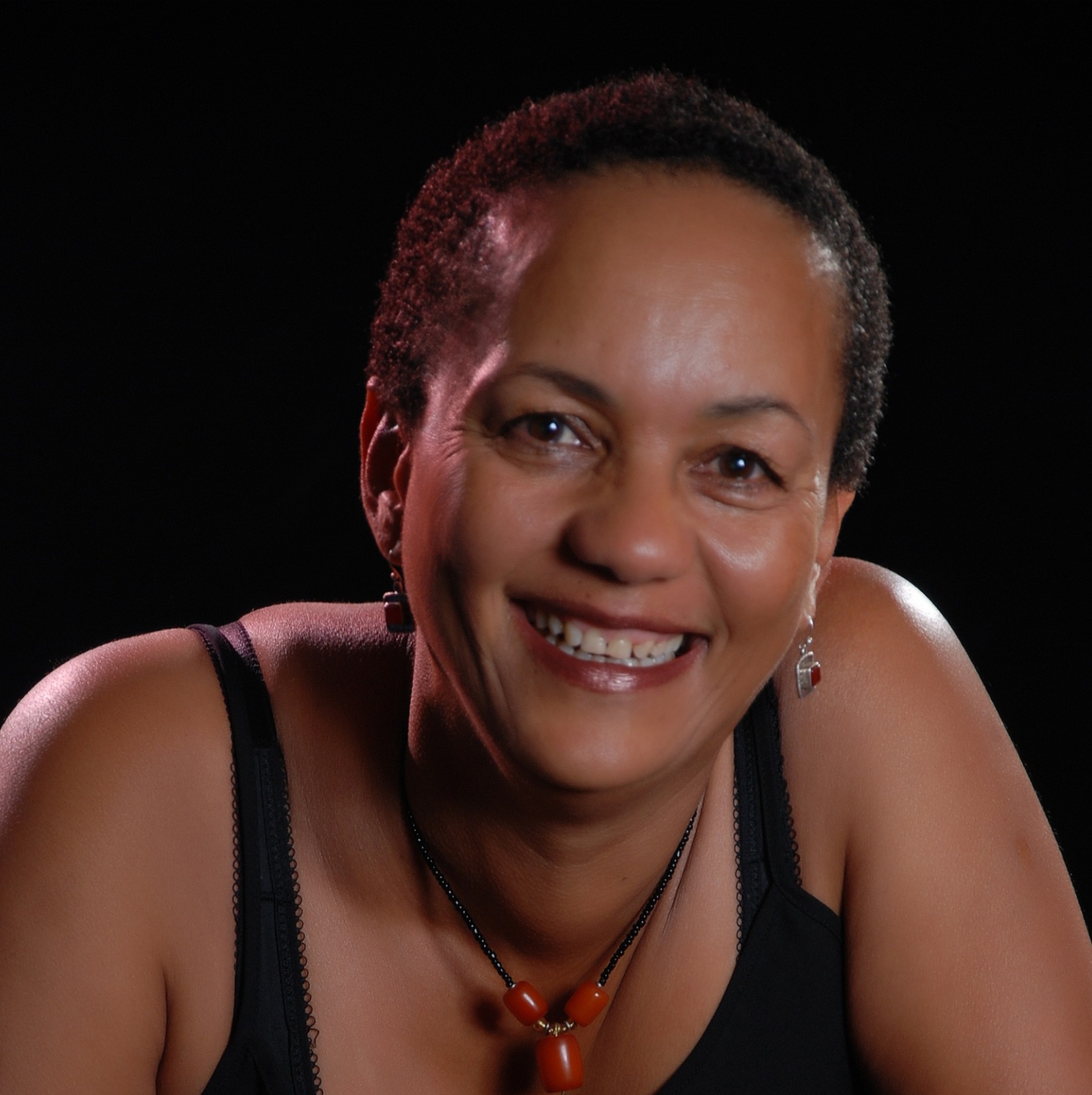
When people say this country is “land of immigrants” they don’t consider my face as the image of the typical immigrant. The fact is, the presence and experiences of immigrants from Africa are virtually unknown and unheard in mainstream US media.
I came to this country some thirty years ago, forced to leave because of war and political instability between Eritrea and Ethiopia. In the early years of my life here, thoughts of returning when things “normalized” occupied my mind and I resisted putting down roots. But as any immigrant can tell you, the process of return, although voluntary and supposedly easier becomes complicated after a while. I have become part of this country in as much as it has become part of me – and leaving my new home to return “home” no longer dominate my thoughts.
The passion I have for my work and my organization, Priority Africa Network (PAN), is rooted in my identity as an Eritrean as an Africa living in the U.S. I consider myself blessed to live in the Bay Area, home to many outstanding individuals who were active during the anti-apartheid movement. Their dedication continues to support the work of PAN, which as the name implies prioritize Africa as a policy agenda. Through PAN, we work with grassroots communities to bring new perspectives and awareness on contemporary African political, social and economic reality.
- &lsaquo previous
- …
- 135
- 136
- 137
- 138
- 139
- 140
- 141
- 142
- 143
- …
- next &rsaquo
White House Blogs
- The White House Blog
- Middle Class Task Force
- Council of Economic Advisers
- Council on Environmental Quality
- Council on Women and Girls
- Office of Intergovernmental Affairs
- Office of Management and Budget
- Office of Public Engagement
- Office of Science & Tech Policy
- Office of Urban Affairs
- Open Government
- Faith and Neighborhood Partnerships
- Social Innovation and Civic Participation
- US Trade Representative
- Office National Drug Control Policy
categories
- AIDS Policy
- Alaska
- Blueprint for an America Built to Last
- Budget
- Civil Rights
- Defense
- Disabilities
- Economy
- Education
- Energy and Environment
- Equal Pay
- Ethics
- Faith Based
- Fiscal Responsibility
- Foreign Policy
- Grab Bag
- Health Care
- Homeland Security
- Immigration
- Innovation Fellows
- Inside the White House
- Middle Class Security
- Open Government
- Poverty
- Rural
- Seniors and Social Security
- Service
- Social Innovation
- State of the Union
- Taxes
- Technology
- Urban Policy
- Veterans
- Violence Prevention
- White House Internships
- Women
- Working Families
- Additional Issues

